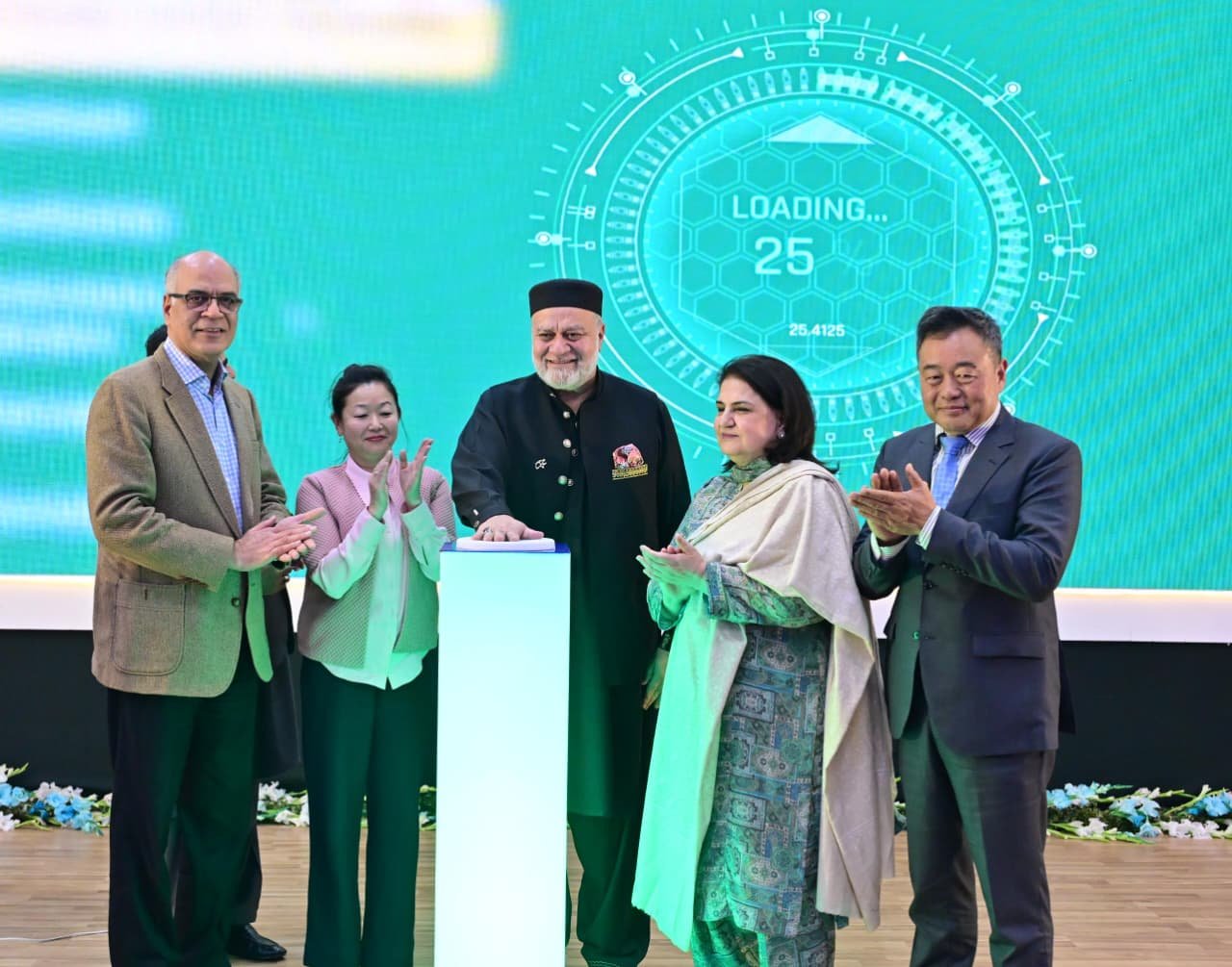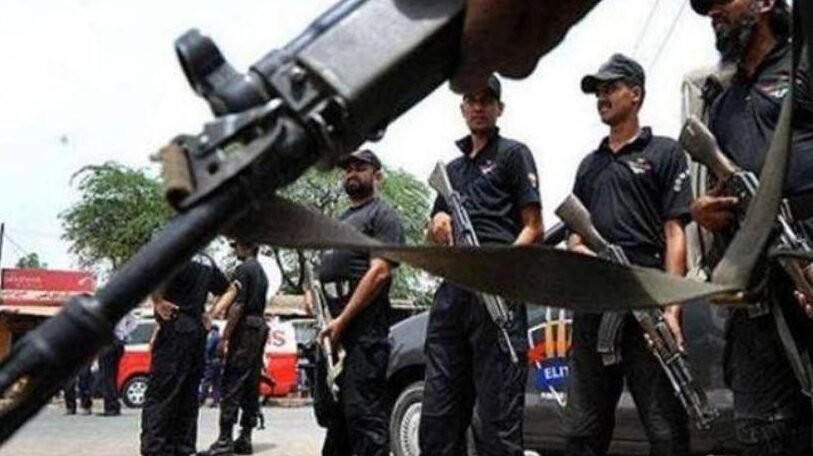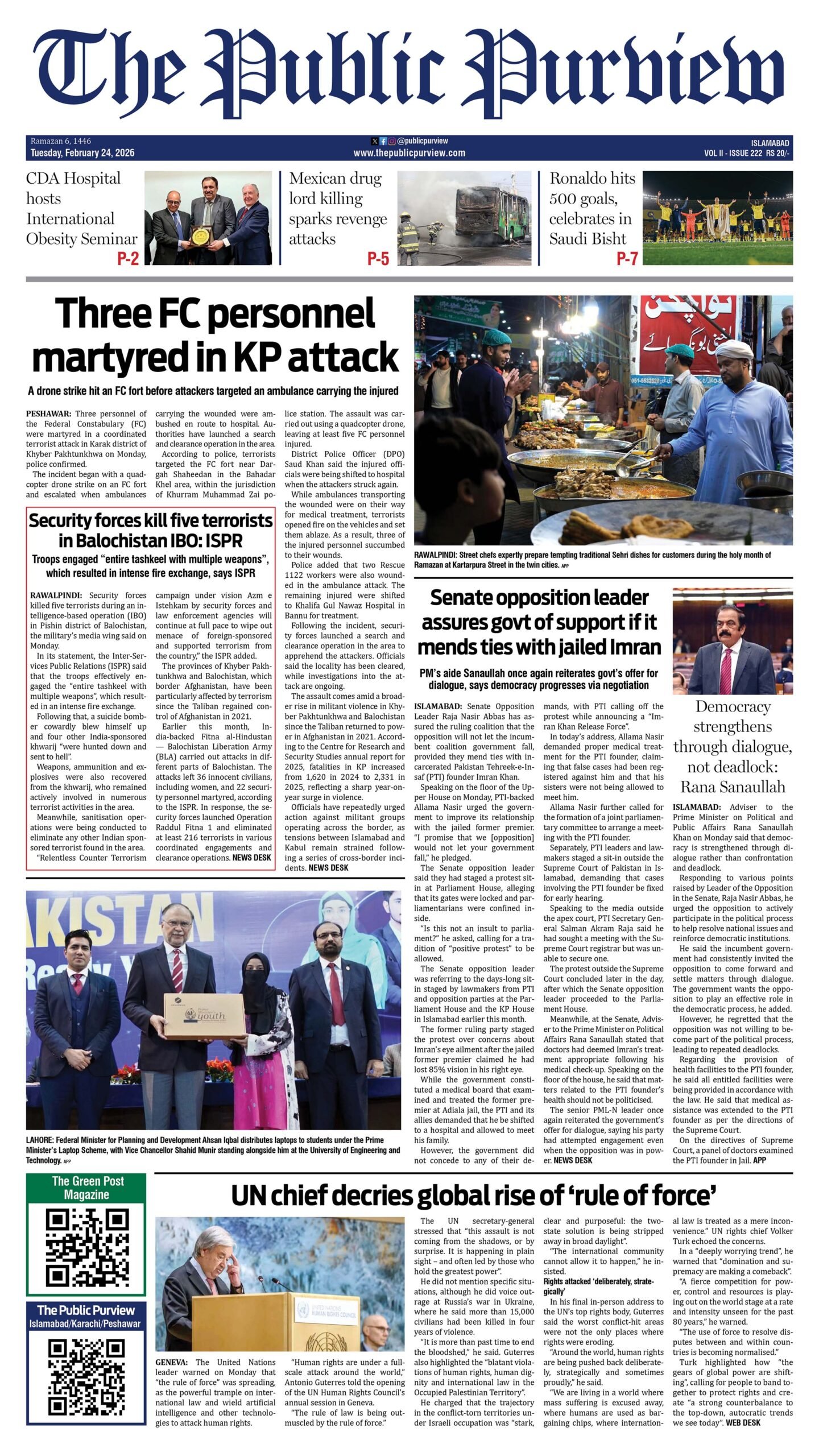Pakistan’s fight against Fitna al Khawarij has entered a decisive and defining phase. Recent counterterrorism operations underscore not only the operational capability of the armed forces but also their unwavering commitment to dismantling terror networks with clarity, precision, and purpose. The Khawarij—backed by foreign sponsors and exploiting regional instability—continue to pose a grave threat to Pakistan’s peace and sovereignty. Yet, the national resolve to confront and defeat them has never been stronger.
What sets this moment apart from earlier phases of counterterrorism is the clarity of national consensus. There is no ambiguity left: those who shed innocent blood, regardless of their slogans or ideological claims, stand in direct opposition to Pakistan’s values and security. Military action, reinforced by political will, has sent a resounding message—terrorism will not be tolerated in any form, whether aimed at civilians, security personnel, or state institutions.
At the heart of this struggle lies the sacrifice of Pakistan’s soldiers. Each Shahadat is a solemn reminder of the cost of freedom. Far from weakening the nation’s spirit, these sacrifices have galvanized public resolve. Communities across Khyber Pakhtunkhwa and Balochistan have shown remarkable resilience, standing shoulder to shoulder with the armed forces and denying militants the space and sympathy they seek.
Pakistan’s sacrifices have also resonated internationally. Strong condemnations of recent terrorist attacks from Saudi Arabia, the UAE, Qatar, Kuwait, and Turkiye reflect growing global solidarity. These expressions of support expose the moral and political isolation of those who enable or finance extremist networks. In this context, India’s role as a principal sponsor of Fitna al Khawarij stands increasingly exposed, undermining its claims of regional responsibility and revealing the scope of its proxy agenda.
However, military success alone cannot secure lasting peace. A comprehensive strategy is essential—one that includes border security, dismantling financial and ideological support systems, countering radicalization at the grassroots level, and ensuring that Afghan territory is no longer exploited for hostile activities. Diplomatic engagement with Kabul must be firm and consistent. Afghanistan must decide whether it will contribute to regional stability or remain a staging ground for chaos.
The Khawarij of today represent a modern incarnation of an ancient threat. Their ideology thrives on absolutism, division, and violence. Pakistan, founded on principles of unity and justice, cannot allow such distortions to take root.
The road ahead will demand patience, sacrifice, and unity. But Pakistan possesses both the strength and the strategic vision to prevail. By coupling force with foresight, reinforcing international alliances, and exposing and defeating foreign-sponsored terrorism, the state can ensure that the defeat of Fitna al Khawarij is not only achievable—but inevitable.







 Today's E-Paper
Today's E-Paper